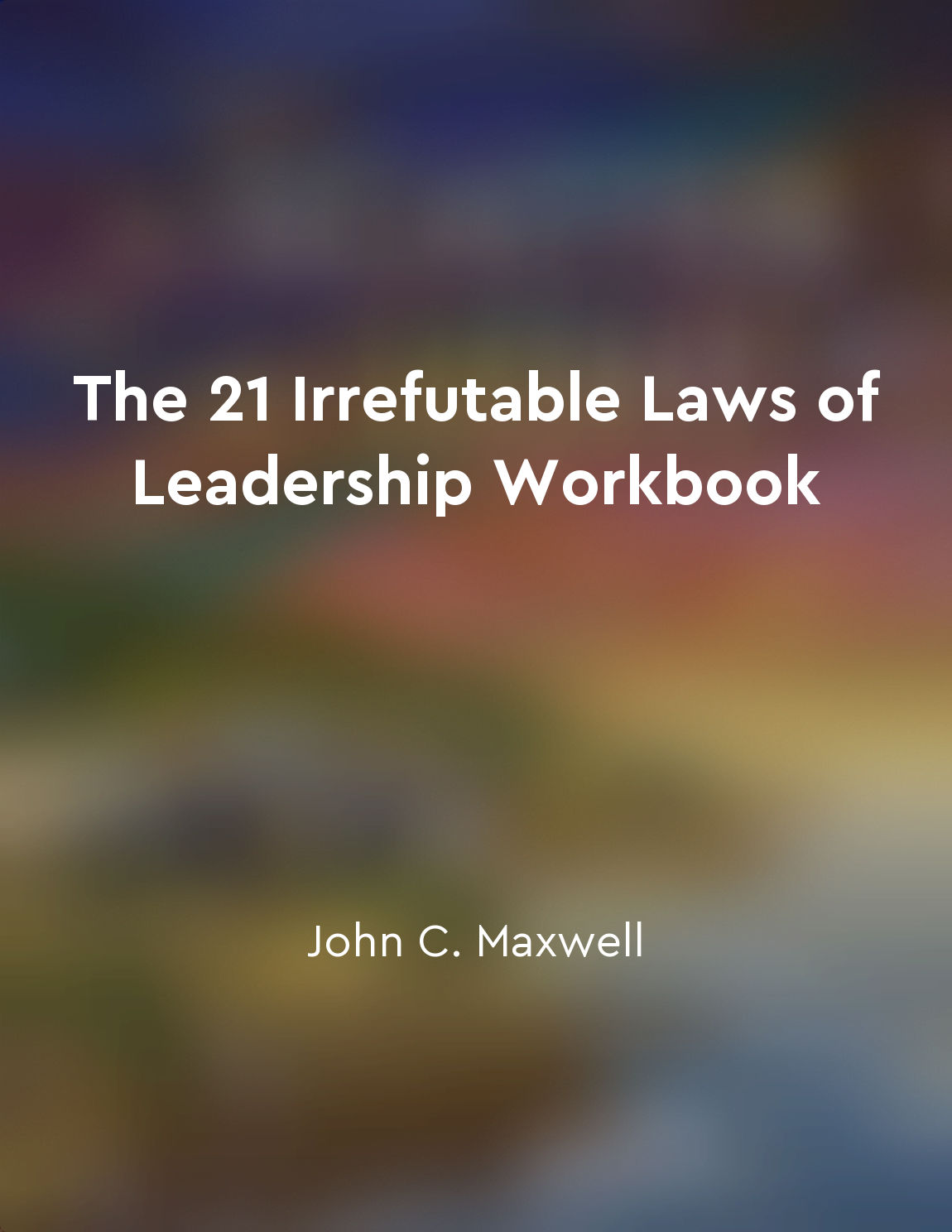Sacrifices should be calculated and strategic, not impulsive from "summary" of Chess Strategy by Ėduard Efimovich Gufelʹd,Eduard Gufeld,Nikolai Kalinichenko
When considering the idea of making sacrifices in chess, it is crucial to approach the decision-making process with a methodical and strategic mindset. This means that sacrifices should not be made impulsively or without careful consideration of the potential outcomes. Instead, sacrifices should be calculated based on a thorough analysis of the position and an understanding of the potential benefits and drawbacks of making such a move. Before making a sacrifice, it is important to evaluate the current state of the game and assess whether the sacrifice is likely to lead to a favorable position or advantage. This requires a deep understanding of the board and the dynamics at play, as well as the ability to anticipate how the game might unfold following the sacrifice. Additionally, sacrifices should be made with a clear strategic purpose in mind. This means that sacrifices should not be made simply for the sake of creating chaos or confusion on the board, but rather with the intention of gaining a tangible advantage or improving one's position. Sacrifices should be part of a larger strategic plan, rather than isolated moves made in isolation. Furthermore, sacrifices should be made with an awareness of the potential risks involved. While sacrifices can be a powerful tool in the hands of a skilled player, they can also backfire if not executed carefully. It is important to weigh the potential benefits of a sacrifice against the potential drawbacks and to consider whether there are alternative moves that might achieve the same strategic goals without the need for a sacrifice.- The concept of making sacrifices in chess should be approached with caution and careful consideration. Sacrifices should be calculated and strategic, rather than impulsive, in order to maximize their effectiveness and avoid unnecessary risks. By following these principles, players can make sacrifices that are more likely to lead to success and give them a competitive edge in the game.
Similar Posts
Understand how to win
To win in business, you must first understand what winning means for your company. It's not just about financial metrics, but a...
Study different types of endgames
To become a well-rounded chess player, it is essential to dedicate time to studying different types of endgames. Endgames are c...

The Law of Respect underscores the necessity of respect in leadership
The Law of Respect is a fundamental principle that highlights the importance of respect in leadership. According to this law, r...
Castling early can improve your king's safety
One of the key strategies in chess is to ensure the safety of your king. Castling is a move that can significantly contribute t...
Tactical awareness is essential for seizing opportunities on the board
Tactical awareness in chess is like having a keen sense of opportunity. It is the ability to see potential threats and advantag...
The psychological aspects of chess can impact your performance
Chess is a game that engages the mind in a unique way - it is not just about moving pieces around the board, but also about the...

